Supporting Refugee Families
While we all watch the devastating effects of war on families in Ukraine and other countries you may worry, as we do, about families with sick children. Who is helping them? RMHC programs in Ukraine are adapting to support hospital workers, as many did during the pandemic.
In addition to providing comfort, care and kindness to families when they travel voluntarily for the medical care their children need, there are also instances where RMHC serves refugee families fleeing from their home countries.
For example, in 2021, nearly 13,000 families settled at a military base in Wisconsin. Not only did they have to process the traumatic experience of fleeing their country and navigating uncertainty, some families also faced their child’s critical healthcare needs.
“The biggest challenge [for families] was to manage a sick child in the midst of complete unknown about where and when they would end up being permanently resettled in the US. They had to navigate understanding the processes and culture of a country they had never been in, not speaking any English, and all of it right after a harrowing evacuation from Afghanistan and now facing a sick child. The local RMHC Chapter was an essential partner in meeting the families’ needs,” said Shiva Bidar-Sielaff, University of Wisconsin Health Vice President for Diversity, Equity, and Inclusion.
As soon as the first Afghan refugee family arrived, RMHC partnered with UW Health and the Wisconsin Department of Children and Families to assess the immediate needs of the families and develop a plan to meet those needs. Within hours, families were able to rely on RMHC for housing, food, and transportation to the hospital and grocery store.
When the first family moved into the local Ronald McDonald House, they visited the playground right away. As the kids jumped and played with screams of joy and sounds of laughter, their mom cried and said how happy she was that her kids were able to play and just be kids. When more Afghan families moved in, we saw the mothers using the seating areas outside of their rooms to talk to one another. They would also cook together in the kitchen sharing food and meals. The Ronald McDonald House became a home and a community for the families.
“This is exactly what RMHC is about — helping people find community, comfort, and collaboration in a kitchen, on a playground, in a seating area outside your room — to feel moments of joy in difficult life experiences,” said Nadya Pérez-Reyes, Assistant Secretary at Wisconsin Department of Children and Families.
“RMHC specializes in providing comfort, care, and support to families when it matters most. Without the Ronald McDonald House, these families would have been separated and forced to choose which parent would stay with the siblings at Fort McCoy and which parent would be at the bedside of their hospitalized child. Having already endured trauma during the evacuation from Afghanistan, keeping the families together was our top priority,” said Kelly Ruppel, Executive Director, RMHC-Madison.
Through the generous support of RMHC Global, and the local Chapter resources, families received additional support of culturally appropriate food, clothing, and other needed supplies. Local restaurants and chefs also came forward to provide culturally appropriate meals. This support was essential to our ability to help these families feel at home… even when they couldn’t be.
“Thank you to all the staff at Ronald McDonald House for all their services to my family because they put all their resources at our service. Thank you for their precious gifts to my son, Hanzaleh. The good memory I have of that house was their endless love for us that did not leave us alone,” said Ahamd Reyaz Faizi, RMHC guest family.
More from RMHC, our families and supporters




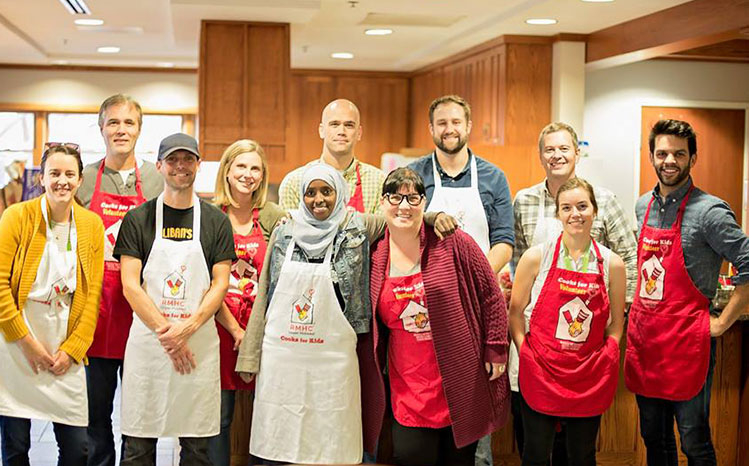
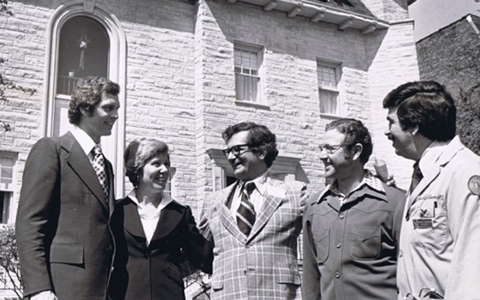
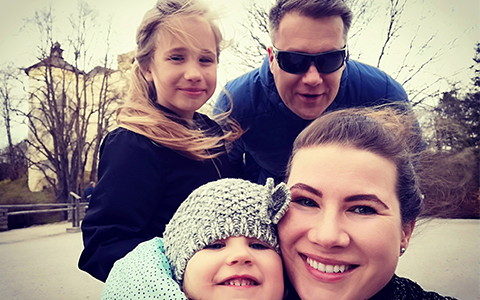
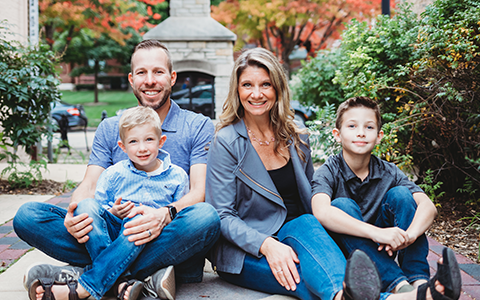
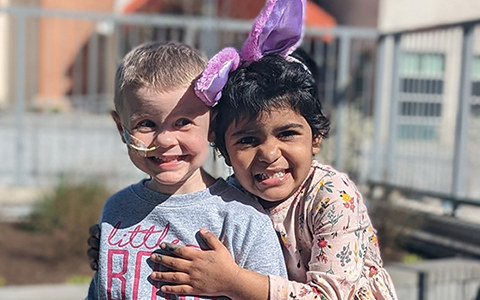
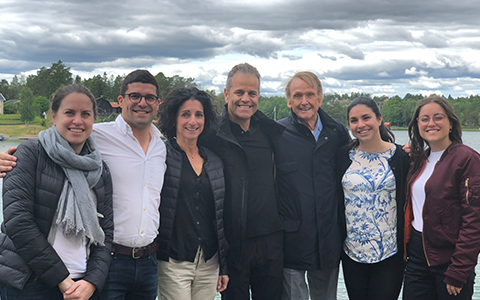
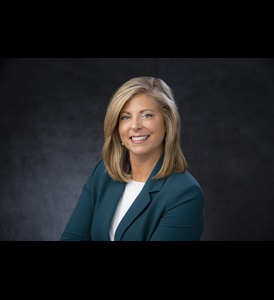
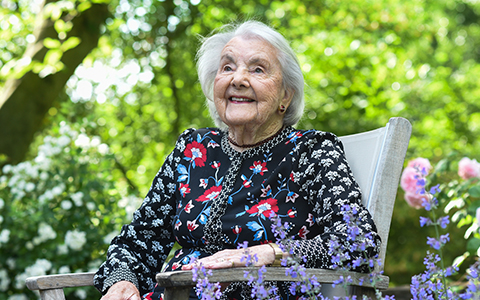
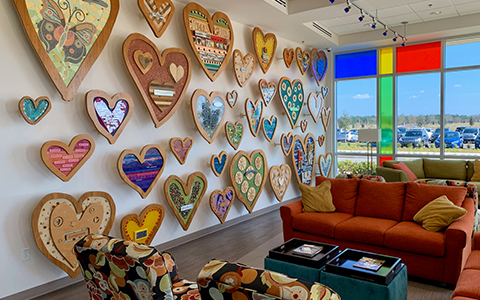
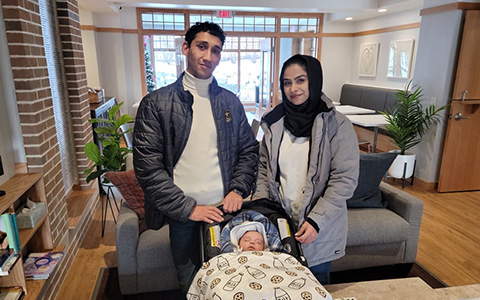
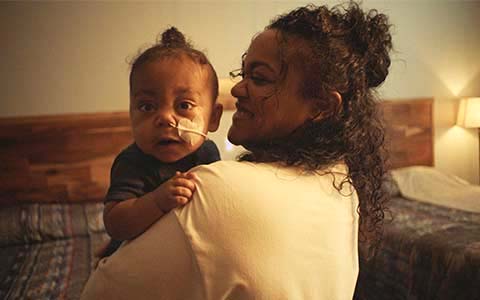
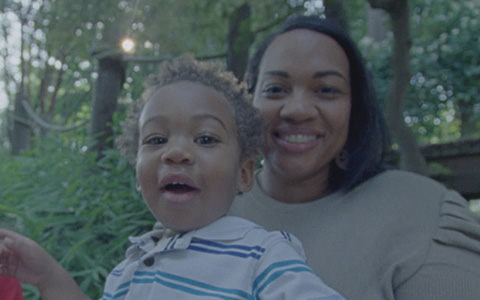
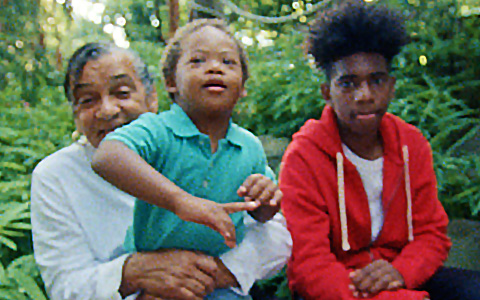
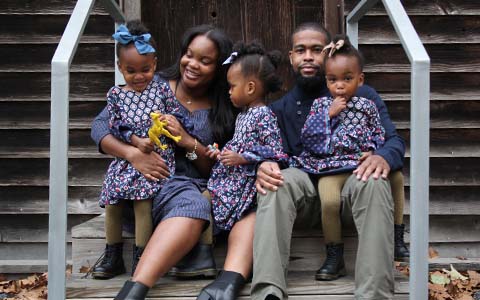
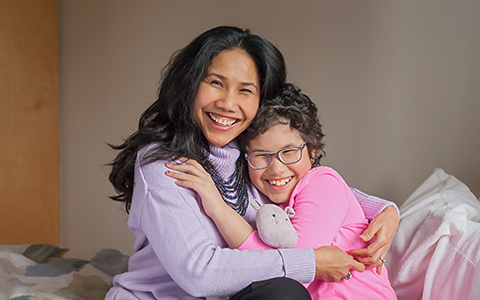
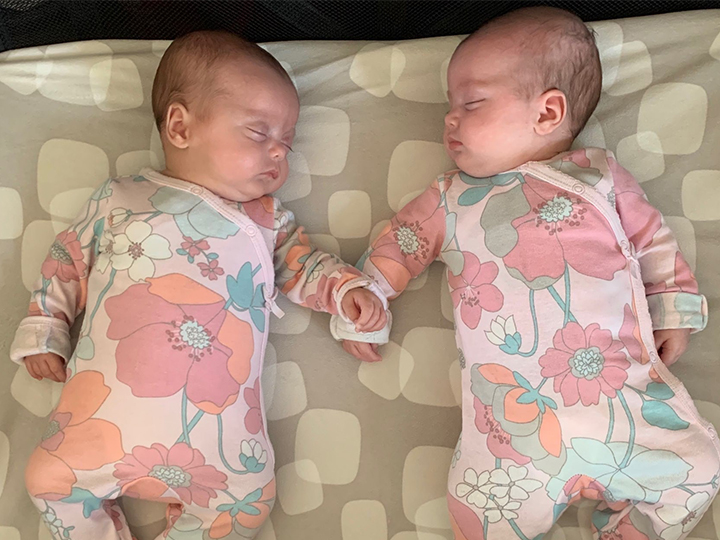
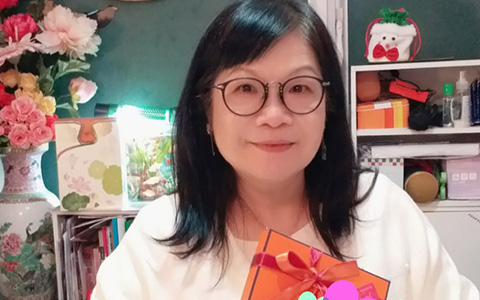
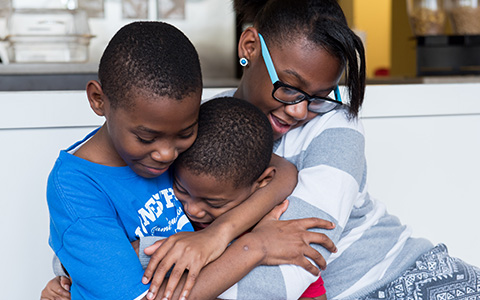
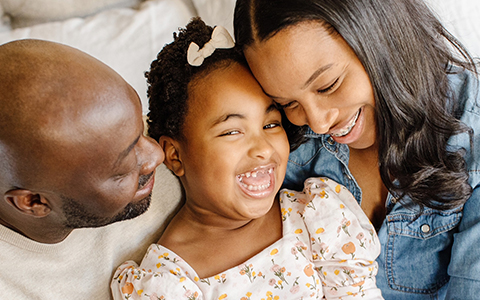
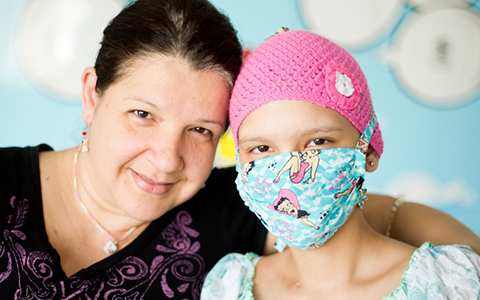
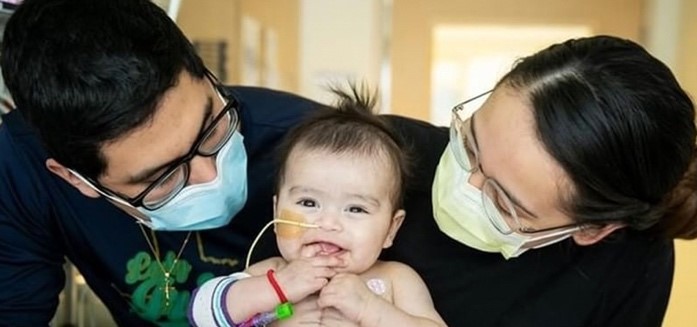

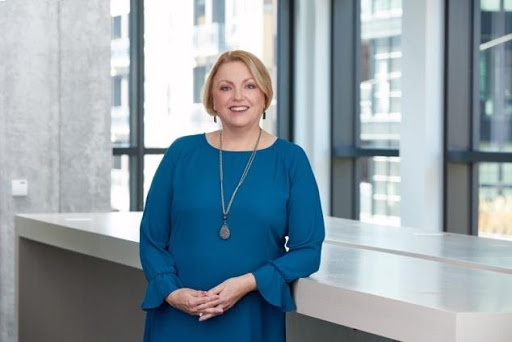
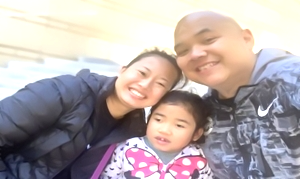
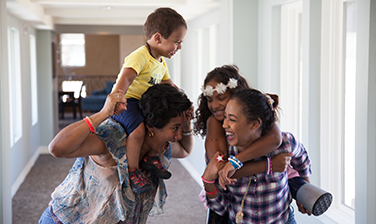
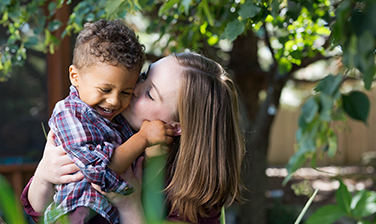
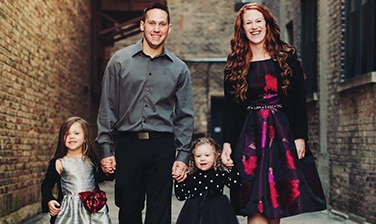
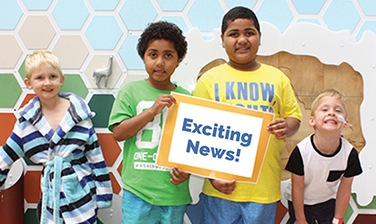
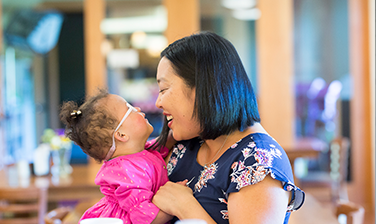
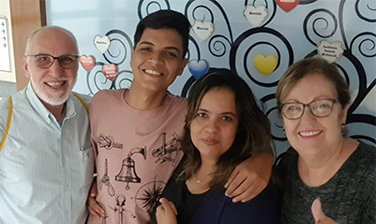

 DONATE
DONATE

